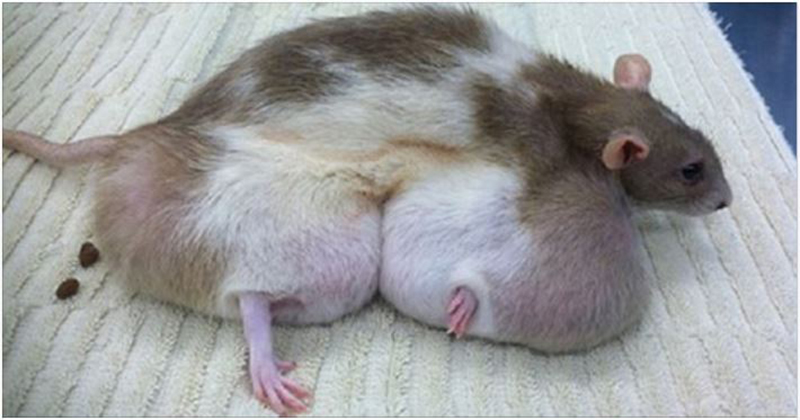- Jun 22, 2008
- 24,580
- 21,276
- AFL Club
- Geelong
Holy s**t. We agree on something almost?
Im not anti GMO, We've been ******* around with crops for thousands of years. Selective growing, Monsanto are a bunch of absolute pricks who could probably solve Africa's food shortages in 10 years if they didn't want to be filthy rich. However denying GMO and there is a LOT of mis-infomation out there
People have every right to chose based on what you believe in. If you don't want GMO, fine, You technically have a right. A lot of hunger issues could be solved with GMO's. It's a shame Monsanto and a lot of wealthy Westerners are not interested.
Also if religion advocated for family planning. A 2 pronged attack.








